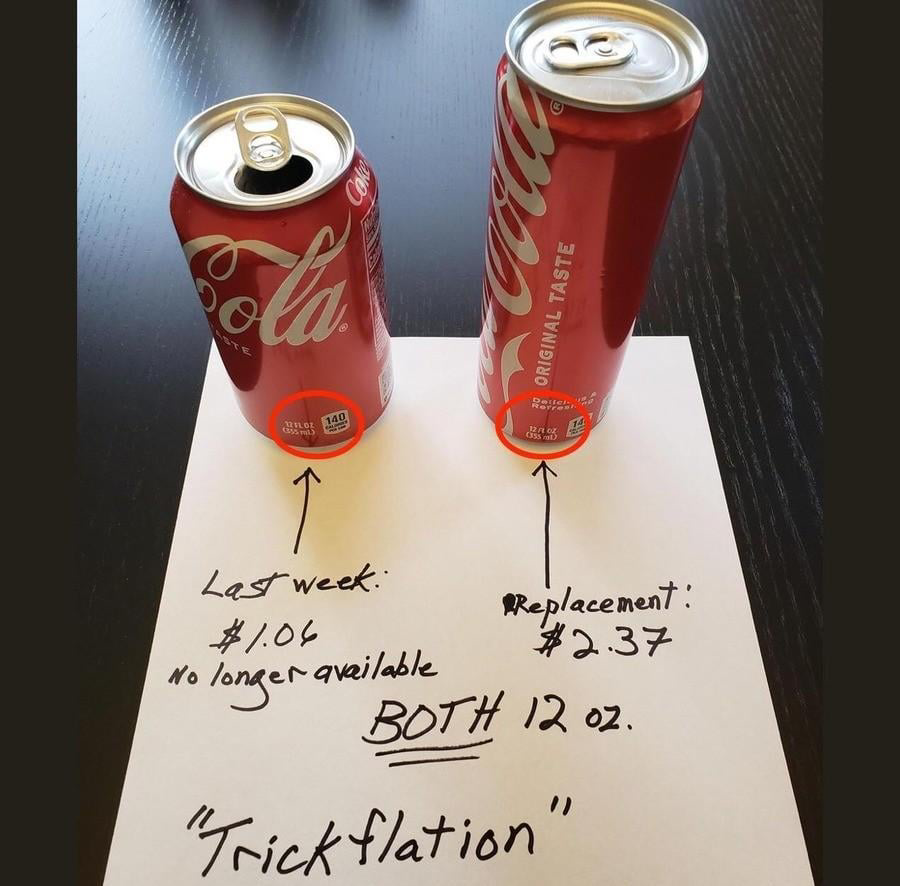this post was submitted on 12 Mar 2024
992 points (97.8% liked)
memes
11626 readers
1897 users here now
Community rules
1. Be civil
No trolling, bigotry or other insulting / annoying behaviour
2. No politics
This is non-politics community. For political memes please go to [email protected]
3. No recent reposts
Check for reposts when posting a meme, you can only repost after 1 month
4. No bots
No bots without the express approval of the mods or the admins
5. No Spam/Ads
No advertisements or spam. This is an instance rule and the only way to live.
A collection of some classic Lemmy memes for your enjoyment
Sister communities
- [email protected] : Star Trek memes, chat and shitposts
- [email protected] : Lemmy Shitposts, anything and everything goes.
- [email protected] : Linux themed memes
- [email protected] : for those who love comic stories.
founded 2 years ago
MODERATORS
you are viewing a single comment's thread
view the rest of the comments
view the rest of the comments

I had a feeling it'd math out something like that if I opened my fat mouth, lol
I do wonder if thickness of the walls or lid/bottom does have an effect, though, as there must be some reason they make these weird ass cans
In the grand scheme of things, it's not using much more. And if the prices are correct in OP, the markup on the new can is way higher than any extra cost they are incurring from additional raw materials. They probably had some marketing study show that a taller looking can makes consumer's less angry about a price increase or some other crazy nonsense.
The lid uses more aluminum than the rest of the can, making that smaller will have a bigger impact than the height of the can.
and both of those cans use the same size lid
Just a marketing trick IIRC, since energy drinks got popular and beer cans got unpopular among gen z.
True, look at the seltzer market for instance.
pretty sure it just lets them fit more cans into the same box for shipping, same logic as how you can pack more sand into a box than you can pebbles
a sphere (think bubbles) minimizes area for a given volume
I always thought that narrower pressure vessels could contain higher pressure, because the curvature is more severe, meaning that for a vessel that needs to retain a similar level of pressure, you could just use less material in the walls of the vessel. Is this not the case with these new cans, and they have the same wall thickness, or is the tradeoff just one that still works out to be in favor of more total aluminum usage?
Force inside a cylinder vessel is just pressure times surface area. If you have the same pressure(soda carbonation) with more surface area, then you are putting less force on the walls. I don't have any specialty in the materials engineering for canning, but i suppose less force on the walls means you could use thinner materials. However, soda can walls are already pretty thin to start with and from what I can find online, the tops are usually 2.5-3 times thicker. So, I could see it potentially cutting some cost from the tops by making them thinner but i doubt they are manufacturing different tops. It's probably just marketing.